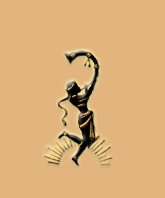|
|||||||||||||||||||||||||||||||
 |
|||||||||||||||||||||||||||||||
 |
|||||||||||||||||||||||||||||||
|
||||
|
Chapter IX Nana Chandorkar’s Arrival in Shirdi Go! -> 1 2 3 4 5 6 7 8 9 10 11 12 13 14 15 16 17 18 19 20 21 22 23 24 25 26 27 28 29 30 31 32 33 34 35 |
||||
|
All Rights Reserved. Copyright ©
1999-2003. Designed & Developed by India
Web Services, Inc.
|




